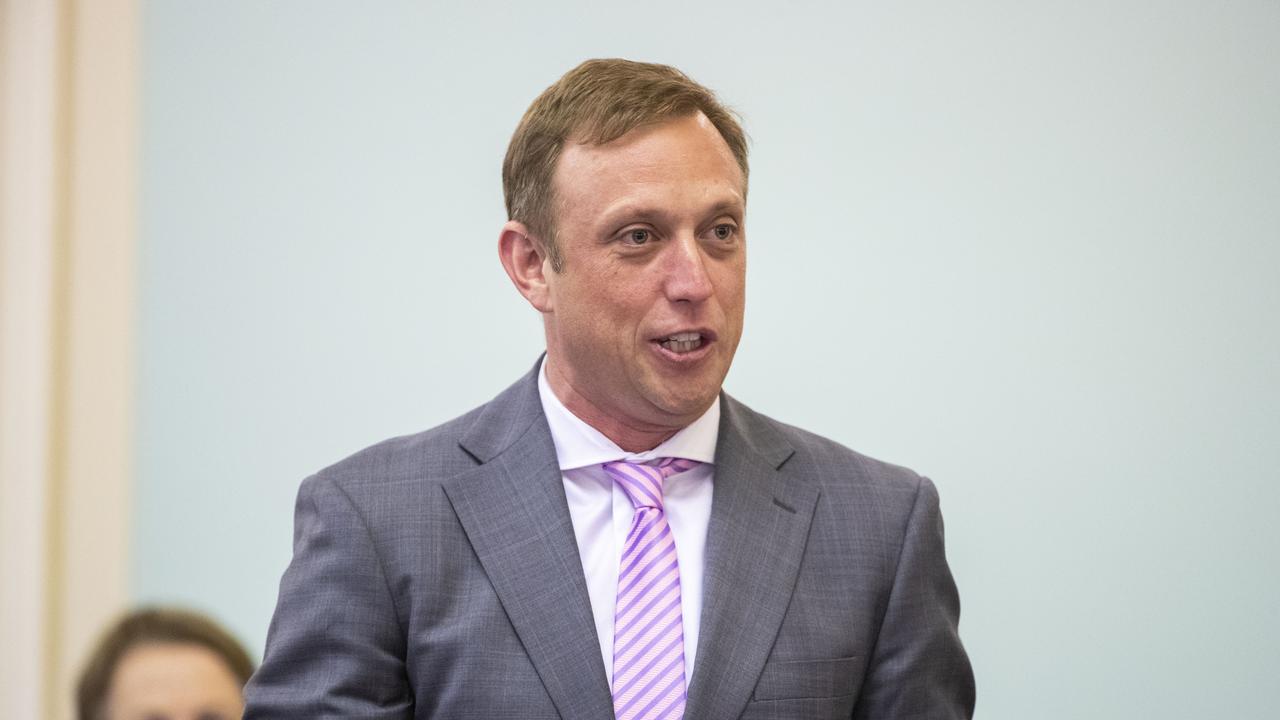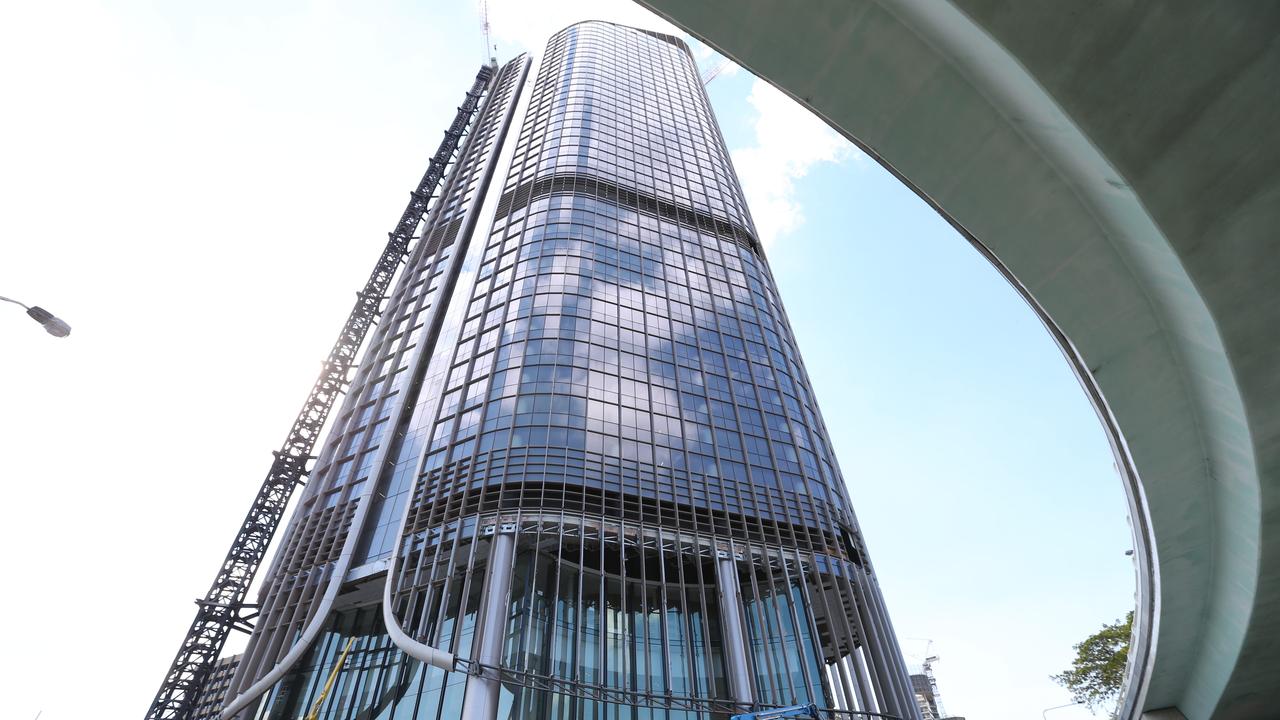High Court judge warns developer ban could go wider
Developer donations have been banned in Queensland. But now a High Court judge has warned the sugar industry, private health insurance and unions could be next to face the line of fire.
QLD Politics
Don't miss out on the headlines from QLD Politics. Followed categories will be added to My News.
A HIGH Court judge warned Queensland’s developer donation ban could lead to calls for more prohibitions on the industries like sugar, fossil fuels, tobacco and even unions.
It can now be revealed the landmark High Court judgment last month, which upheld the Queensland’s developer donation ban, only narrowly passed.
Four of the seven judges who heard the case supported upholding the Palaszczuk Government’s laws and rejecting the Commonwealth’s attempt to override them at a Federal level. But three judges filed dissenting reports.
Former LNP boss Gary Spence brought the challenge to the High Court, but lost his bid to have them overturned.
Labor caught out by its own donation ban
Developer donations: LNP’s lost cash could go to Labor Government
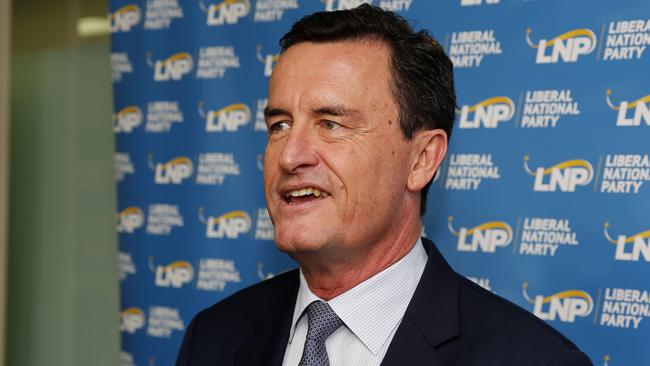
Justice Geoffrey Nettle argued the discriminatory nature of the laws, banning developers from donating to political parties in Queensland, could not be justified.
“The fact that property developers might make political donations in the hope or expectation of receiving political favours, exerting political influence or otherwise advancing their own interests does not mark them out as a class so different from other sections of the electorate as to warrant discriminately prohibiting them from making political donations,” Justice Nettle said.
“Plainly, there are any number of electors who make political donations in the hope or expectation of extracting political favours, exerting political influence or otherwise advancing their own interests. Large corporations which make significant political donations provide an obvious example.
“The trade union movement also serves as a clear example: because trade unions make very large political donations avowedly in the hope or expectation of influencing the donees to make political decisions which will advance the interests of the unions and their membership.
“It is not unreasonable to suppose that there is now a significant proportion of the Queensland electorate who believe that the State of Queensland is or would be justified in prohibiting political donations by tobacco companies, the gun lobby or fossil fuel producers, on the basis that any influence that those organisations might exert on anti-smoking or gun control or fossil fuel production policies or legislation would be “undue”.
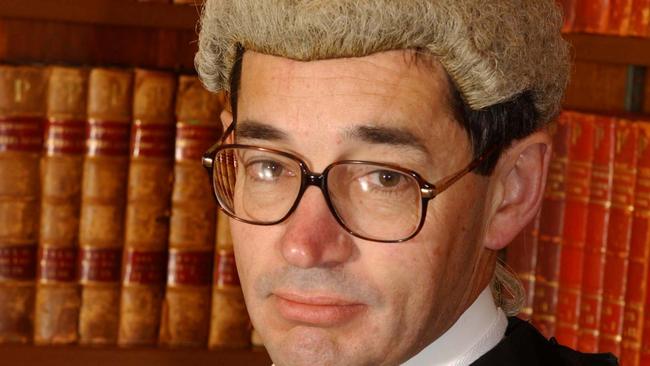
“There may also be a section of the Queensland electorate who believe that it would be a good thing to prevent political donations by, say, sugar producers or private health insurers or prescription drug or prosthesis manufacturers, on the basis that any influence which those organisations might have on political decisions concerning sugar consumption, the promotion of private health insurance or prescription drugs or prosthetics would be “undue”.”
Justices Michelle Gordon and James Edelman argued the Commonwealth law, passed in November seeking to ensure the state laws only applied to state elections and could not impact donations for federal political purposes, were valid.
Justice Edelman said “the weight of precedent is too heavy, and the stream of legal development” to conclude the Commonwealth laws were invalid.
But he was scathing of Mr Spence’s argument that, while the High Court upheld NSW had passed laws banning developer donations due to specific examples of corruption, the same reasoning should not apply to Queensland.
“In Queensland, so the submission effectively went, things are done differently,” Justice Edelman said.
“Even if, as the plaintiff effectively submitted, a metaphorical corruption-proof fence existed between New South Wales and Queensland, and also between local government and State government in Queensland, the plaintiff’s submission is still misconceived.”
But the majority of the High Court bench joined with Chief Justice Susan Kiefel who ruled the Queensland laws were valid and the Commonwealth amendments were invalid.
She rejected the Commonwealth’s claim that the state laws encroached on Federal responsibilities and that the earlier High Court ruling upholding the NSW ban should not apply to Queensland.
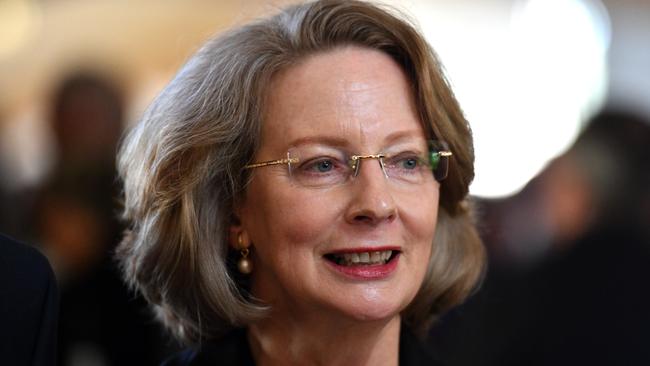
“They may well touch and concern federal elections more than incidentally. They do not for that reason travel beyond State legislative competence,” Justice Kiefel said.
“Australian States are not so much “little laboratories” that each State is required to conduct its own experiments or rely on its own experiences before it can be justified in taking legislative action to address a risk of harm to its system of government highlighted by occurrences in another State.”
Justice Kiefel said the Commonwealth’s law only slightly impacted on the Federal sphere, while had a much greater impact outside this jurisdiction.
She said even developers made donations, specifically not to be used for state electoral purposes, there was nothing stopping it to use to gift to offset overheads, fund policy development, hold annual conferences or express views related to policy, but not specific to an election.
“The section cannot be supported as a law incidental to federal electoral processes to the extent that it authorises the giving, receipt and retention of a gift that might never be used for any federal electoral purpose,” she said.
The LNP will be required to payback donations accepted from developers while the court challenge was being heard.

